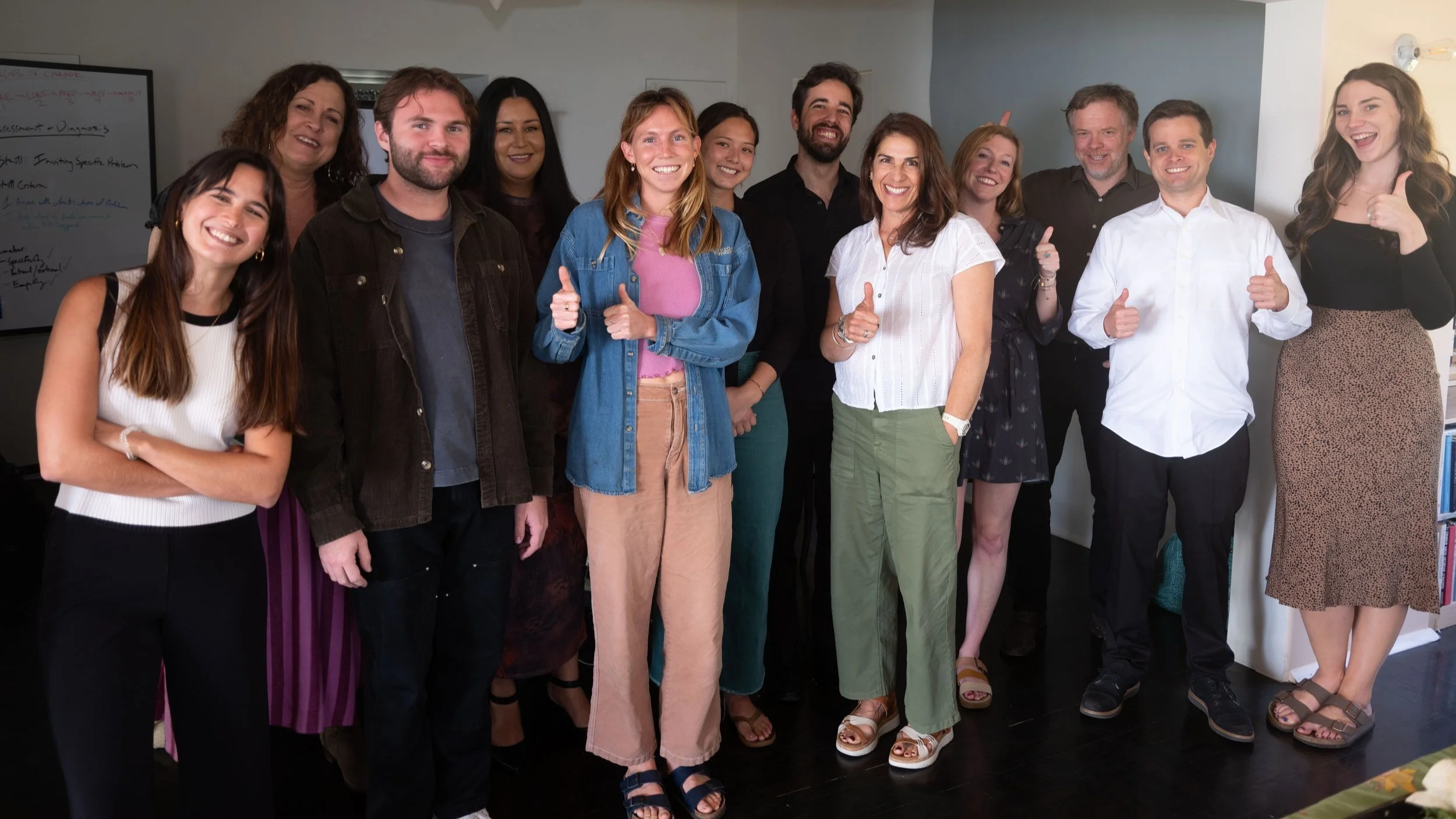Audit Sentio Courses
Sentio University is now offering a limited number of spots for licensed therapists and graduate students from other institutions to audit select semester-long courses. This is a unique opportunity to engage with the innovative Sentio Deliberate Practice curriculum, experienced faculty, and dynamic learning environment—without the commitment of full enrollment.
Learn cutting-edge methods grounded in Deliberate Practice and experiential training.
Observe live clinical demonstrations and receive faculty feedback.
Join a community of engaged, forward-thinking therapists.
Stay current on theory and technique without the pressure of assignments.
Deepen clinical skills in a low-stakes, high-value environment.
“I have really been enjoying the course. It's quite different from my grad program. In my program there were a lot of lectures without rich clinical examples, or certainly without videos. There was little practice. There certainly were occasions where we watched clinical videos, and occasions where we practiced, but that seems like it was a relatively small part of the program. Certainly nothing like Sentio.” - Audit Student at Sentio
Auditing at Sentio
Auditors who complete the course will receive a Certificate of Completion.
Auditors will have access to all course materials and live class sessions.
Auditors will not do homework, receive credit, or grades.
Space is limited.
All classes are held via secure Zoom. All participants are expected to engage in the full class with their camera on.
Auditing is limited to licensed therapists and graduate students from other institutions.
Auditing is limited to US residents at this time.
LMFTs, LCSWs, and LPCCs in California will earn 36 Continuing Education Credits for completion of a course. Sentio only offers CE credits to therapists licensed in California.
Courses Available to Audit
| undefined | Course | Price to Audit |
|---|---|---|
| Summer Semester 05/11-07/31/2026 | MFT533: T&M III, Advanced Process Analysis/Coding | $1,500 |
| MFT546: Human Family Development | $1,500 | |
| MFT554: T&M IV, Advanced Experiential Chair Work | $1,500 | |
| Fall Semester 09/21-12/18/2026 | MFT541: Assessment & Diagnosis | $1,500 |
| MFT551: T&M I, Common Factors, Intro to Major Treatment Models | $1,500 | |
| MFT555: T&M V, Psychodynamic & Expirential Dynamic Therapy | $1,500 | |
| MFT556: T&M VI, Emotionally Focused Couples Therapy | $1,500 | |
| Spring Semester 01/19-04/09/2027 | MFT544: Case Conceptulization & Treatment Planning | $1,500 |
| MFT545: Trauma & Crisis Intervention | $1,500 | |
| MFT552: T&M II, CBT & Schema Therapy | $1,500 |
Refund policy: 100% refund is available until 30 days prior to the start date. 50% refund is available until 14 days prior to the start date. No refund is available after 14 days prior to the course start date.
Questions about auditing? Please contact the Sentio Registrar Mikaela Abundez at mabundez@sentio.org
Take the Next Step
Get in Touch
Fill out our Request Information form, to learn more about our program and be put in contact with an admissions advisor.
The admissions cycle for Fall 2026 applications to Sentio University’s Marriage and Family Therapy Program opens on October 1st. To receive notifications and important updates, sign up for our email list here.
Fall 2026 Admissions
Attend an Open House
Come meet get your questions about our Master of Arts in Marriage and Family Therapy Program answered! You will also get the chance to meet some of Sentio University’s esteemed Faculty and Staff, register here.
Contact Us
Mikaela Abundez
Director of Student Services
310-916-9378
Monday - Friday 9am - 5pm



